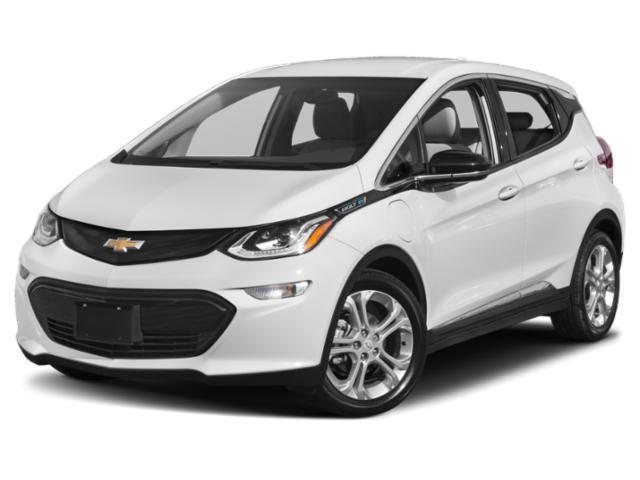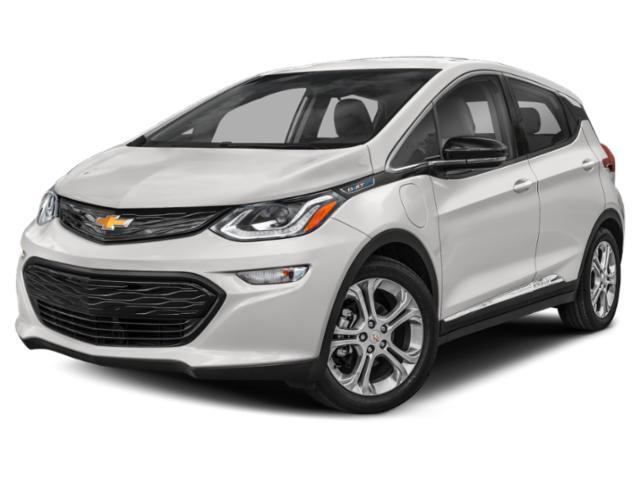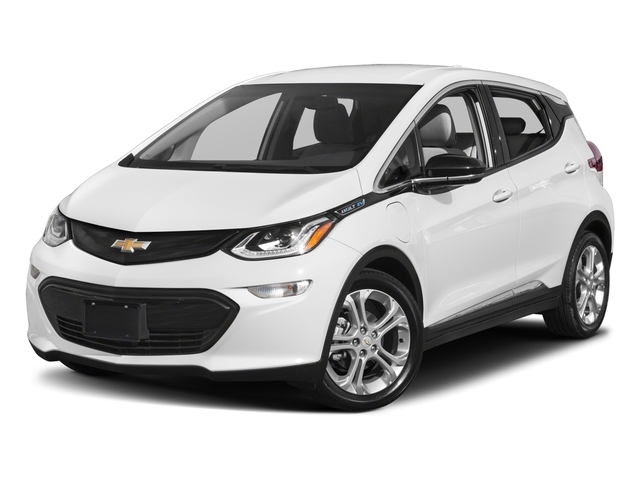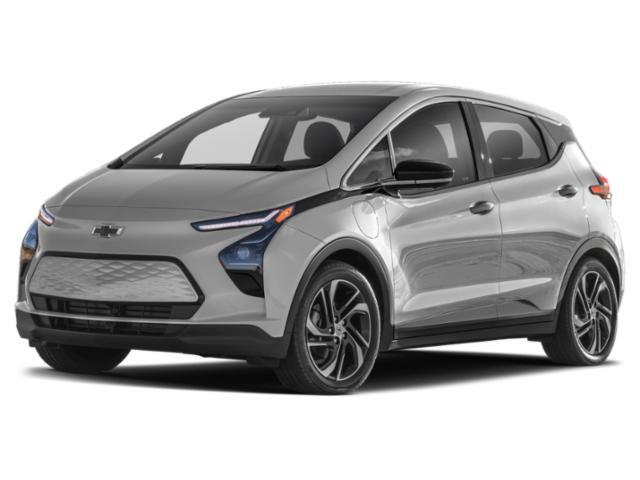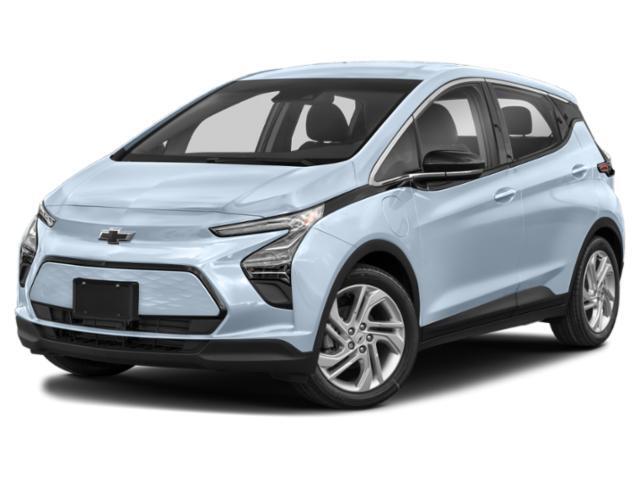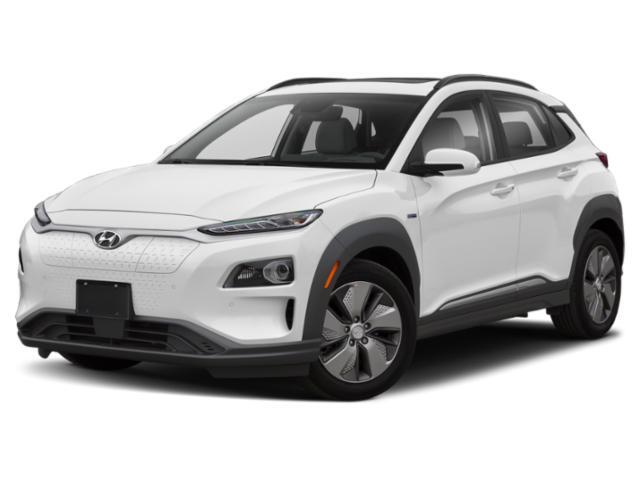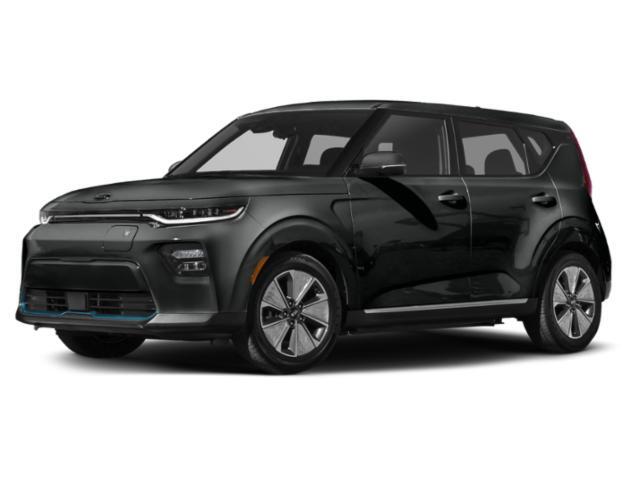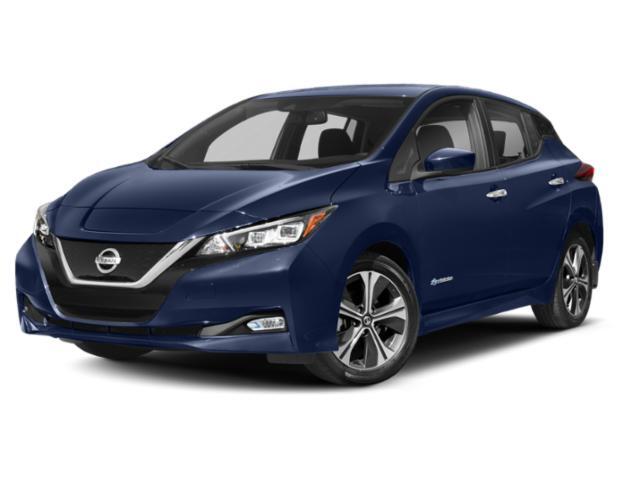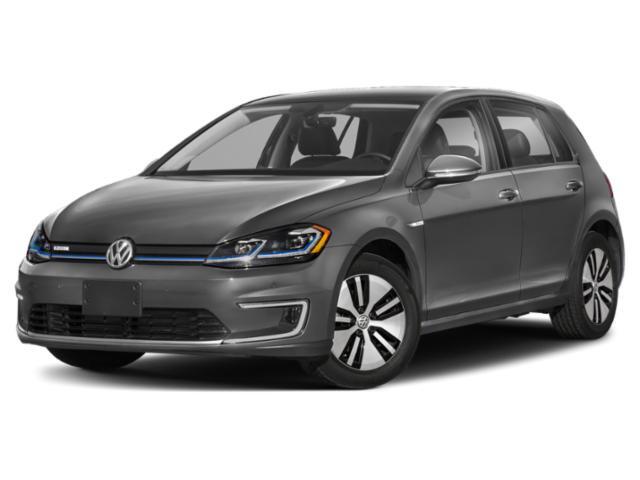
2020 Chevrolet Bolt EV

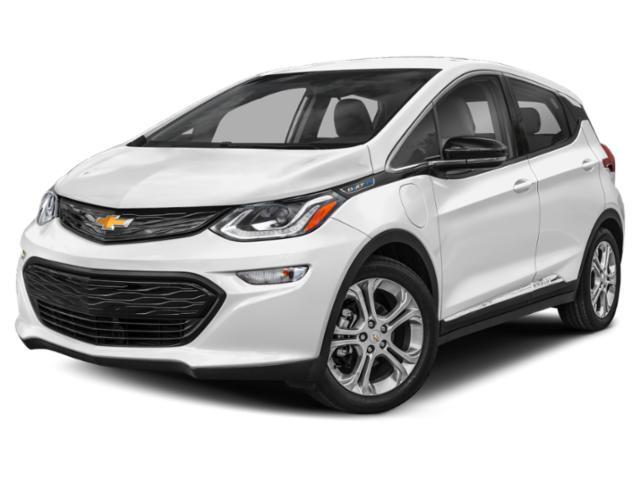
Key Specifications for 2020 Chevrolet Bolt EV






Buyer’s Guide
History/Overview
Chevrolet introduced the Bolt EV in 2017 as a fully electric follow-up to the plug-in hybrid (PHEV) Volt. With the Volt being discontinued after 2019, the Bolt remains as Chevy's sole plug-in model.
What's New / Key Changes from Last Year
A 2020 model year update gives the Bolt a 34-km bump in driving range, to 417 km. As well, Chevrolet has upgraded the standard backup camera and surround-view cameras to HD ones for a better view of what's behind and/or around the car.
Available Trims
Chevrolet offers the Bolt in LT and Premier trims. Both use an electric motor and a single-speed transmission for propulsion.
Standard Features
Outside, Bolt LT comes fitted with 17-inch alloy wheels, automatic on/off headlights, heated/power-adjustable side mirrors, HID headlights, and LED daytime running lights and taillights.
Among Bolt's standard interior features are six-way manual front seats, automatic climate control, a heated steering wheel, a six-speaker stereo, drive modes, an auto-dimming rearview mirror, passive keyless entry, leather-trimmed shift lever and steering wheel, LED interior ambient lighting, and power door locks and windows.
Bolt's standard safety package brings tire pressure monitoring, tire fill alert, OnStar, and Chevrolet's teen driver feature.
Premier trim's additions are chrome exterior trim, roof rails, a seven-speaker stereo, USB charge ports, heated rear seats, blind sport monitoring with lane change and rear cross traffic alerts, rear park assist, a camera-based rearview mirror, a surround-vision camera system, and wireless smartphone charging
Key Options
LT trim offers a driver confidence package that bundles rear park assist and blind spot monitor with rear cross traffic alert.
LT and Premier can be optioned with a driver confidence II package that adds forward collision alert with pedestrian detection and low-speed braking, lane keep assist with lane departure warning, following distance indicator, and automatic high beams.
Fuel Economy
Chevrolet's energy consumption ratings for the Bolt EV are 1.9/2.2 Le/100 km (city/highway).
Competition
The Chevrolet Bolt's most direct competitors are Kia's Soul EV and Niro EV, the Hyundai Kona Electric, and Nissan's Leaf. The BMW i3 comes at a similar price, but with less driving range.
Lower-priced models with less driving range include the Hyundai Ioniq Electric, an entry-level version of the Nissan Leaf, and a Volkswagen e-Golf that was discontinued after 2019 but may still be available on dealer lots through 2020.
The Tesla Model 3 goes farther and faster, but also costs a lot more.
Review & Compare:
Photos

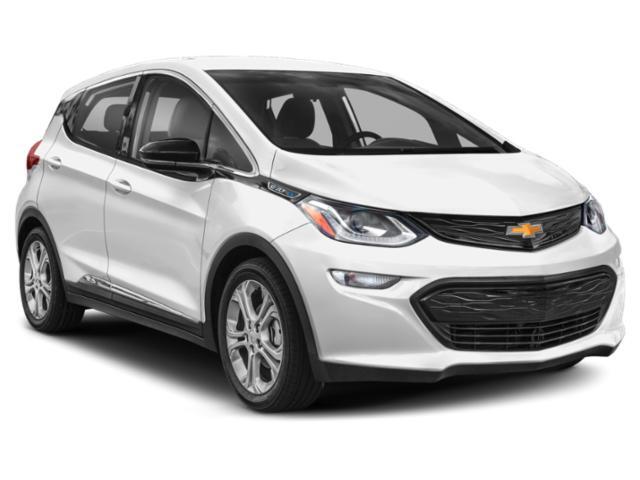
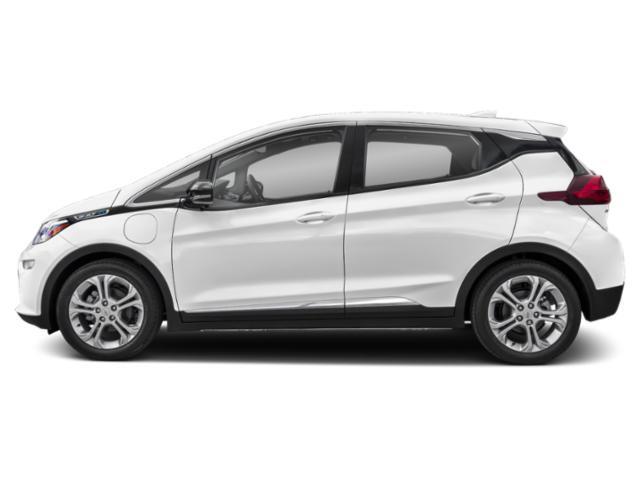
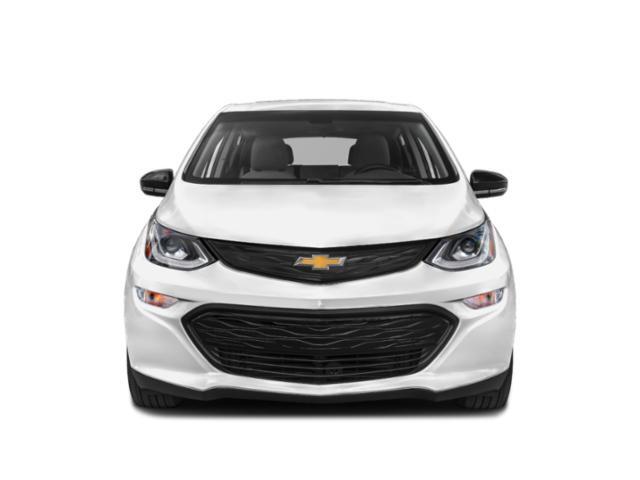
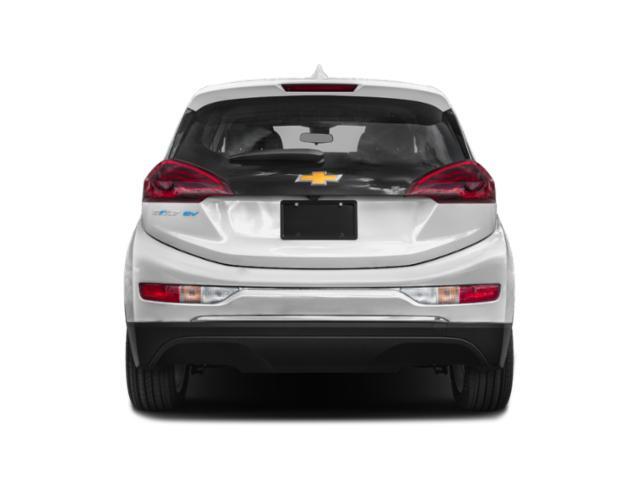
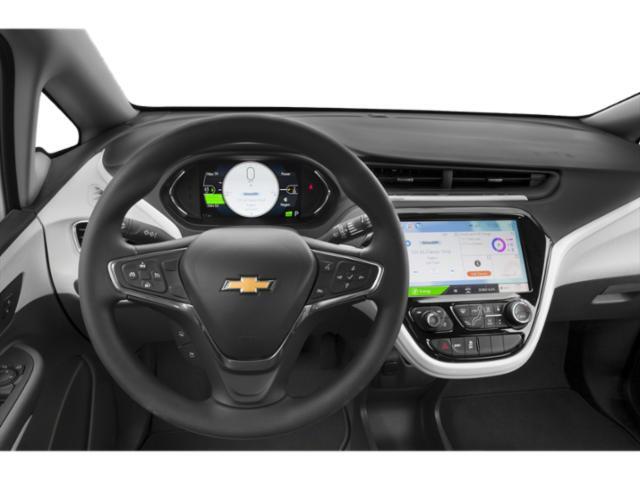
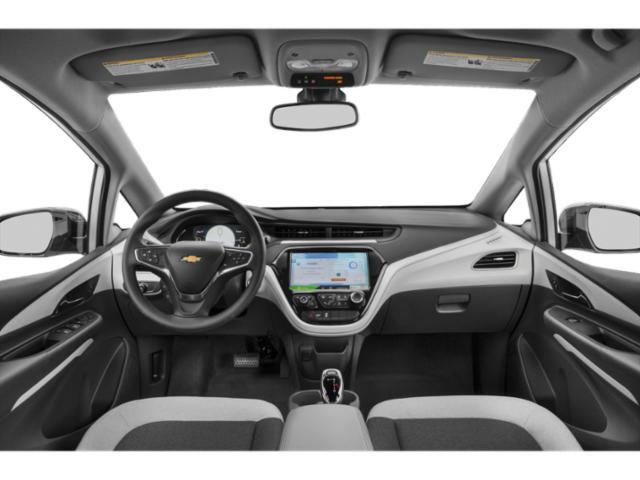
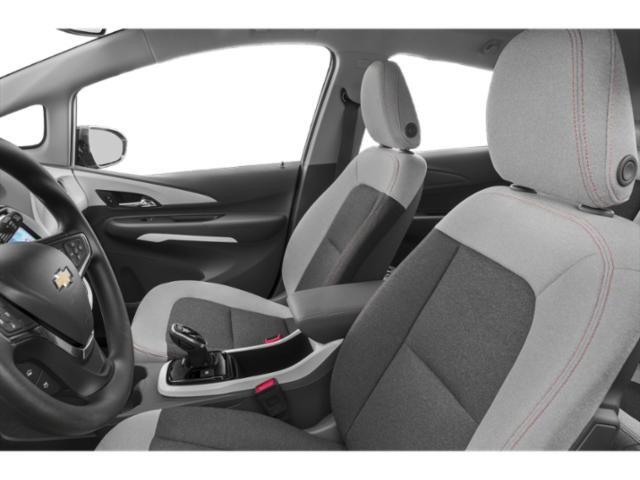
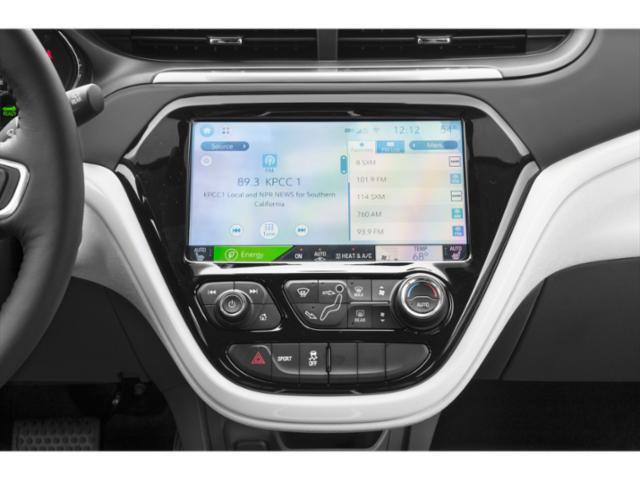




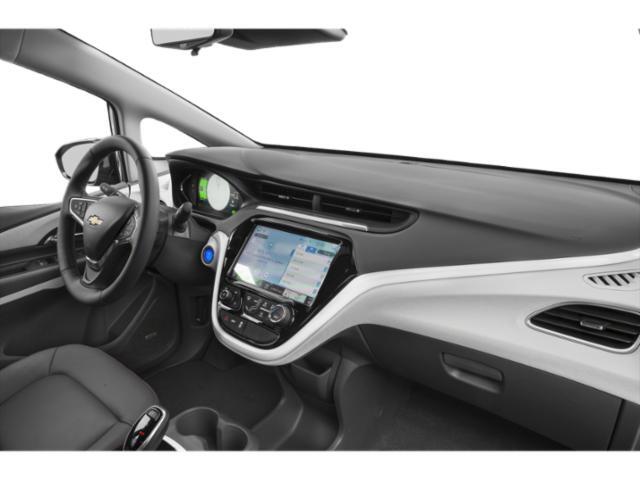
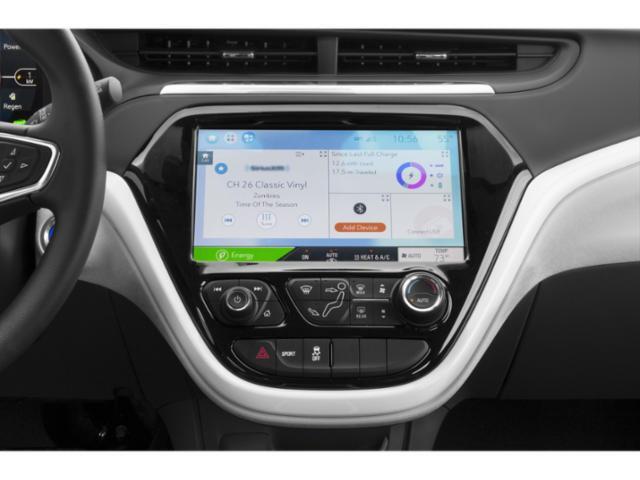

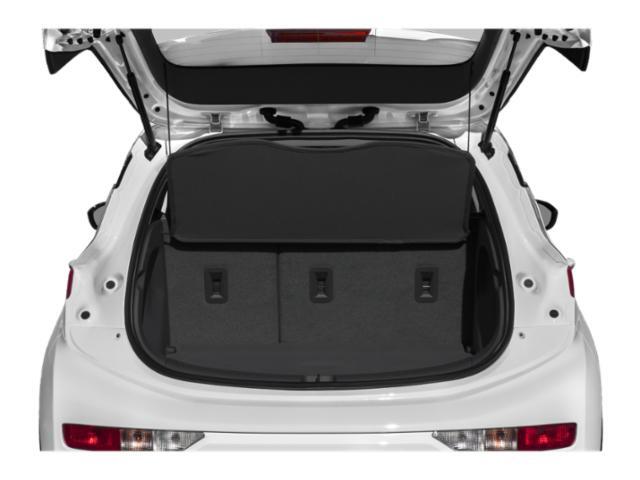


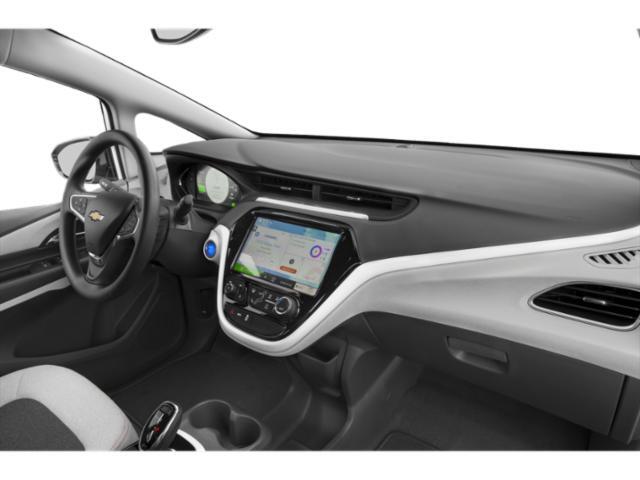




















AutoTrader Review















